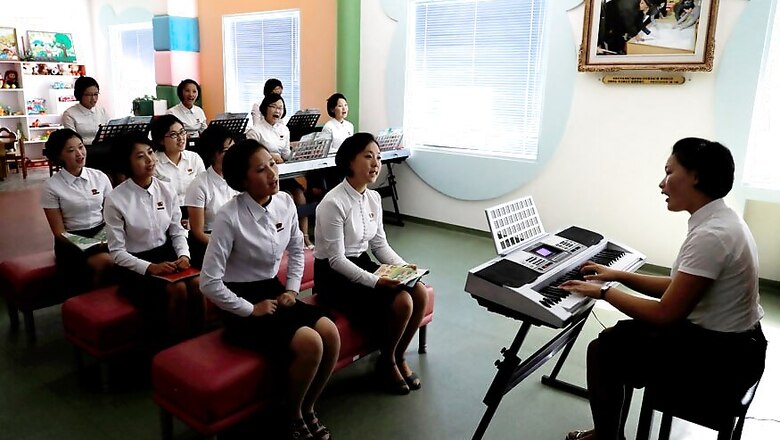
views
Being friends with an award juror can increase a person's chance of being nominated but decrease their chances of being selected as the victor, according to the study published in the Academy of Management Journal.
"These findings should invite some healthy cynicism among those who still have unconditional faith in the universalistic principles that are supposed to inspire meritocratic institutions, but should also come as hopeful news to those who have long lost that faith," said Simone Ferriani, Professor at the University of Bologna.
For the study, researchers combined statistical analysis of eight years of decision-making data from the most prestigious Norwegian advertising industry competition with industry member interviews and sought to understand how relationships between jurors and entrants affect competition results.
Three relationship dynamics were used to understand how jurors' decisions are influenced direct ties -- the extent to which jury members tend to favour candidates with whom they have worked in the past. Reciprocity -- the extent to which jury members tend to favour candidates from whom they have themselves been favoured in the past.
Cliquishness -- the extent to which jury members tend to favour candidates who are part of the same network clique as the jury members.
The researchers found that while all three dynamics can improve a candidate's chance of receiving an honorable mention, only reciprocity boosts their chances of being the victor.
"Having a direct tie to, or being a part of the same clique as an award juror can help candidates be shortlisted or nominated but then actually prevent them winning," he said.
"This, we believe, is because people in charge of granting prestigious honours may be driven by self-serving relational interests, as much as the genuine desire to signal their moral integrity and deflect potential inauthentic concerns away," he added.













Comments
0 comment